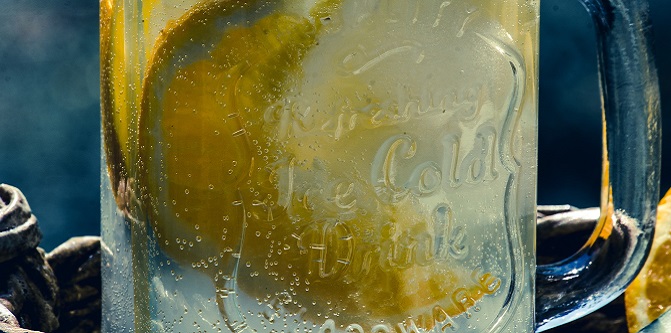
Businesses are warned to think before using product names that could allude to famous figures, after artist Yoko Ono successfully stopped a Polish drinks startup from selling its “John Lemon” product range.
Rolling Stone reports Ono took legal action in the UK, claiming drinks business Mr Lemonade had infringed on trademarks relating to her late husband John Lennon by using the label “John Lemon” on its drinks.
The Mr Lemonade business had registered its trademark for “John Lemon” in 2014, which is reportedly before the John Lennon brand was registered. However, Ono’s legal team argued branding for the drinks made allusions to The Beatles and Lennon.
.@YokoOno makes John Lemon drink change its name https://t.co/NrBPqQqfSR pic.twitter.com/cI6jxmjKGs
— Stereogum (@stereogum) September 20, 2017
Rolling Stone reports the business reached an agreement to change the branding to “On Lemon”.
The founder of Mr Lemonade told London media the startup couldn’t handle a lengthy legal battle with someone with the resources like Ono’s.
Consider the risks before you name
John MacPhail, an intellectual property law specialist and partner at Lynch Meyer Lawyers, tells SmartCompany this case speaks to the reality that just because a business holds a trademark for a phrase, this does not automatically mean there will not be challenges to how they are able to use it.
“It [a trademark] only provides a limited protection,” he says.
In general terms, MacPhail says when considering whether a brand name is too similar to another registered trademark, the aural element of the name plays a big part.
“Aural use of the trademark is very very important, so the way most people would pronounce ‘Lemon’ is similar to ‘Lennon’,” he says.
For businesses, this means that even if your product name is spelled or looks different to another trademarked phrase, it could still be challenged for infringing on another party.
When considering using branding that alludes to high profile individuals, MacPhail advises brands to consider all the different kinds of challenges that might come up before they sign off on the campaign.
“As a branding advisor, you would have to feed in the risk factor in terms of what people [parties who might challenge] have done in the past. How aggressive have they previously been?” he says.
Think about the opportunity
But even if your product is subject to a legal challenge and forced to change, this isn’t the end of the line, says director of Marketing Angels, Michelle Gamble.
“Whether they cross out the name out or end up calling it something else, they can still continue to trade off any brand equity they’ve already generated,” she says.
If your business is forced to change a name, Gamble suggests keeping your previous branding and creative as close as possible to what it was before the change. Then, there’s a chance to have some fun with the fact that your company has been forced to pivot.
“What you don’t want to do is have to start from scratch. You’ve taken an idea through campaign creative and everything,” she says.
One way to connect with your customers about the change is to be honest, rather than complaining about it, Gamble says.
“Say, ‘Whoops, we stuffed up,'” she says.
While there might not be scope in this case to start a dialogue with Ono directly about the dispute, Gamble says there’s always the chance for a business to make a gesture towards another party after a dispute like this is resolved.
“I think what the brand could do is create some quite nice or grand gesture to her,” Gamble says.
SmartCompany contacted Mr Lemonade for comment but did not receive a response prior to publication.
Never miss a story: sign up to SmartCompany’s free daily newsletter and find our best stories on Twitter, Facebook, LinkedIn


COMMENTS
SmartCompany is committed to hosting lively discussions. Help us keep the conversation useful, interesting and welcoming. We aim to publish comments quickly in the interest of promoting robust conversation, but we’re a small team and we deploy filters to protect against legal risk. Occasionally your comment may be held up while it is being reviewed, but we’re working as fast as we can to keep the conversation rolling.
The SmartCompany comment section is members-only content. Please subscribe to leave a comment.
The SmartCompany comment section is members-only content. Please login to leave a comment.